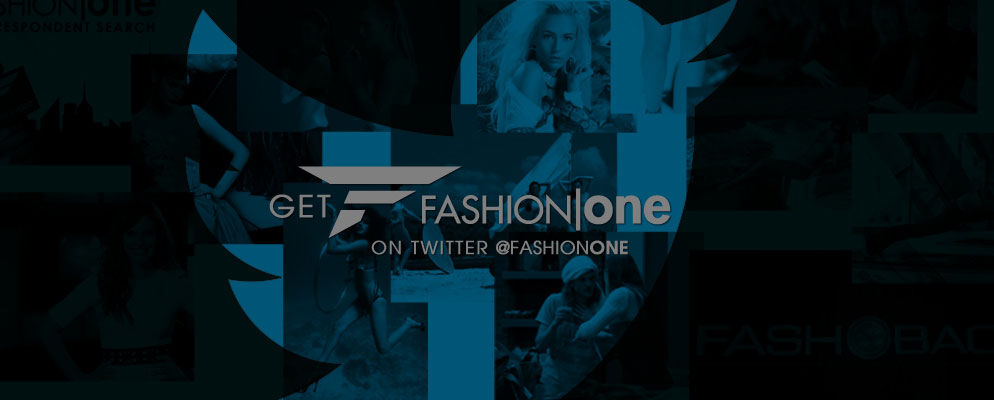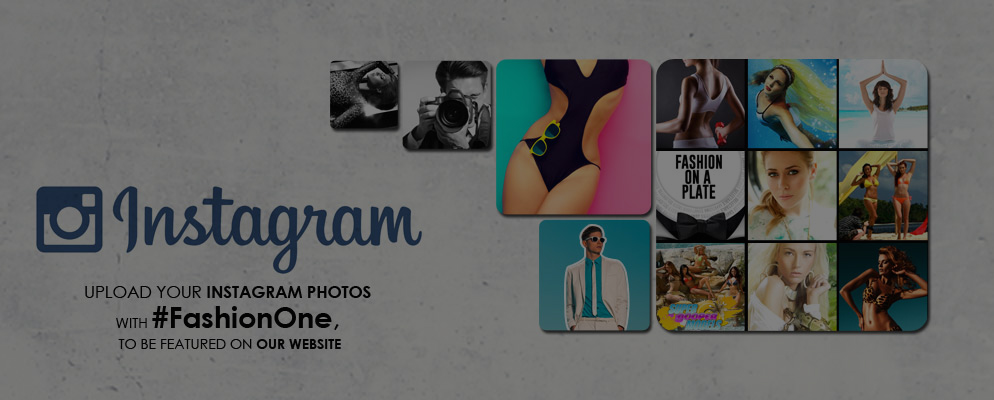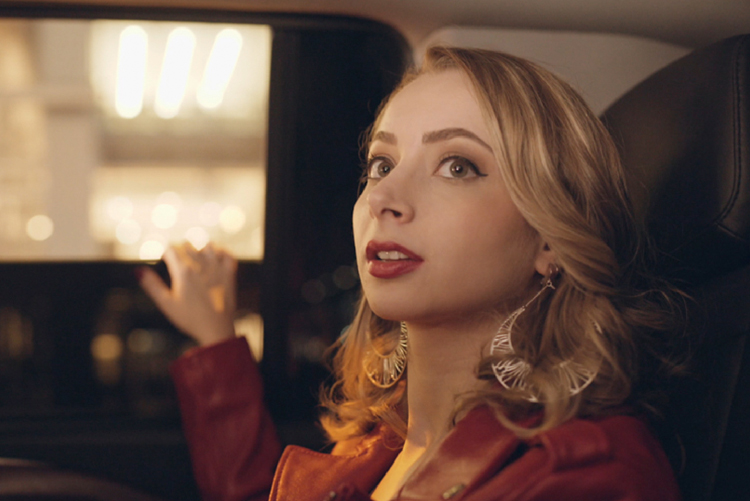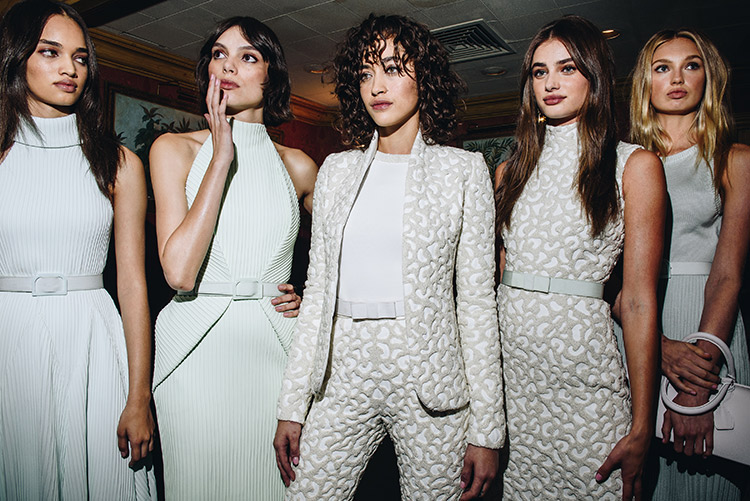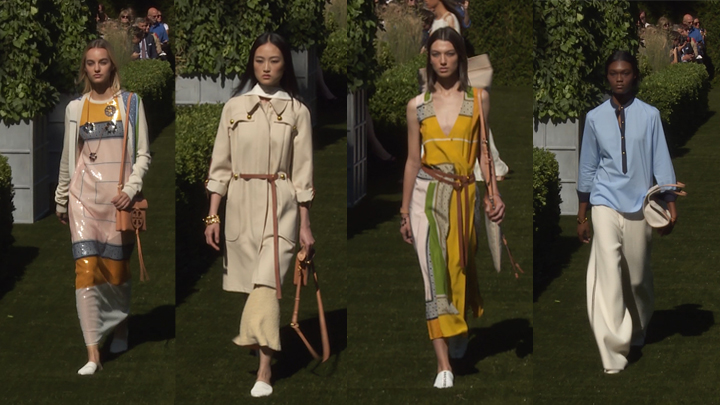A Conversation with Donna Karan
"If there´s a problem in the world, it´s everyone´s problem," says American fashion designer, Donna Karan. Known by some as The Queen of Seventh Avenue, this sixty-three year old woman is not your typical fashionista. Karan is a devoted mother, committed philanthropist, and a worldwide fashion icon. She sat down with New York Fashion Week Founder, Fern Mallis, for a discussion about her life, work, and pathway to success.
Born in Queens and raised in Long Island, Karan is the epitome of a New York City fashion designer. She cornered the market on black fabric, an essential and primary color in any New York City girl´s closet. "New York is everything to me. My name is nothing," Karan says when reflecting about New York´s role in her clothing company, DKNY.
With her mother as a model and her father as a custom suit tailor, Karan grew up in a world surrounded by fashion and beauty. "My only memory with my father is watching the Macy´s day parade from his office on 34th street when I was 3 years old," Karan says.
At thirteen years old, Karan begins her workaholic lifestyle when she lied about her age to get a job as a sales girl in a clothing shop. "If you want to be a designer, you must work in retail," she insists.
Although Karan always loved clothes, her original dreams were of being an illustrator. She never thought about designing until she interviewed at Women´s World Daily for an illustrator position when she was sixteen years old. "They told me to go to Parsons for fashion because I wasn´t good enough at drawing. I had to go to summer school, because I failed draping," she recalls.
Karan dropped out of Parsons after two years because she got an assistant position with the late designer, Anne Klein. "I worked primarily in the pattern making room. I learned how to make coffee and sharpen pencils," she laughs. "No, it was an extraordinary experience."
In 1974, Donna Karan was only eighteen and working with a hugely accredited fashion designer but all she wanted was to get married to her high school sweetheart and have children. "I believe in family," Karan says fondly. "I had no plans to stay on Seventh Avenue." So she married young and got pregnant, but Karan could never tear herself away from the fashion world. Or more so, the fashion world would never let Karan abandon it.
Karan was eight and a half months pregnant at a fabric fair in Frankfort Germany when she learned her boss Anne Klein was sick with breast cancer. Back in the states a few weeks later, Karan gave birth to her only child, Gabrielle. That same week, her mentor Anne passed away. "I was living birth and death in the same week. It was the most difficult part of my life and the most cherished."
A few years later, Karan divorced and remarried while also starting a side company, Anne Kleine II. "I needed casual clothes," she shrugs. One year later, Karan starts her own company under her own name, and designed straight from her apartment. "My mission and goal was to define clothing for me and my friends with seven easy pieces," she says. "So I did a collection and the rest is history." And that´s how her wildly successful company, Donna Karan, began. "Mind, body, soul, and fashion," she says. She calls her now worldwide company a "small baby company" that originally only created bodysuits, leggings, wrap around skirts, scarves, and sweaters, catering to Karan´s yogacentric lifestyle.
In 1989, Karan started her next clothing company, Donna Karan New York, which eventually turned into the simple, DKNY. Why another company? "I needed a pair of jeans," Karan says with a smile. "My daughter would go in my closet and walk around in my evening dresses that I would wear to the Oscars. Everyone was wearing my clothes. I felt like I had no identity."
The world opened up for Karan from there. She would go on to design Barbara Streisand´s wedding dress, make a special collection of fragrances and shampoos, which eventually sold to Estee Lauder, and become one of fashion´s biggest philanthropists.
In 2007, Karan founded Urban Zen, a non-profit company designed to improve treatment in healthcare by integrating Western medicine with Eastern healing techniques, such as yoga, meditation, and acupuncture. Largely inspired by the death of her husband from lung cancer, Karan hopes to make healthcare a better system by offering patients more choices in their treatment. "In the medical system today, we are a disease. Where do we take care of a whole person? Nobody is caring for the patient, everyone is caring for the disease," Karan says passionately. "I don´t have any time to relax. I´m worried about the world. It´s not the government´s problem. It´s our problem. I´ll have time to relax when I go meet my husband."
Karan designs for real women, because she uses her own style as an inspiration. She designs for who people are, aiming to translate that into what they are wearing. "I design for myself. I´m very selfish and then other people like it. That´s usually how it goes. It´s about not dressing people on the outside. I dress them on the inside." And that really is the key to her style success.
Photo Credit: Joyce Culver of 92nd Street Y

Fashion One
Number of Posts: 1517





